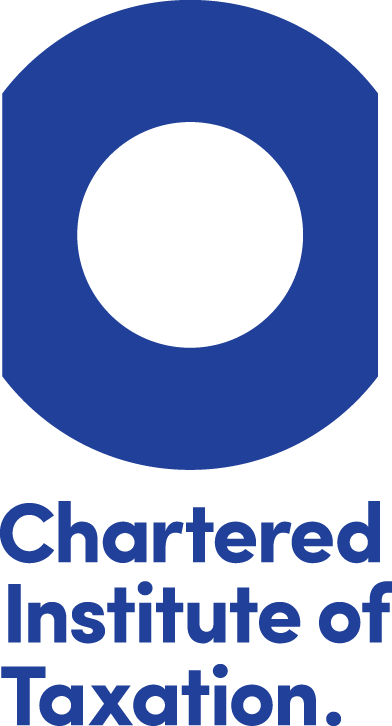The Chartered Institute of Taxation (CIOT) is the senior professional body in the United Kingdom concerned solely with all aspects of taxation. With a membership based broadly across the professions and across occupations in industry, commerce, the public sector and the taxation authorities, the bond between members, whether they are salaried employees, partners in large professional firms, or sole traders, is a common interest in taxation.
The CIOT was founded in 1930, achieved charitable status in 1981 and was granted its Royal Charter in 1994. The Institute’s purpose, as laid down in its governing articles, is to: advance public education in, and promote the study of, the administration and practice of taxation. The grant of the Charter by Her Majesty the Queen in April 1994 has been the event of greatest significance in the Institute’s history. The Charter is formal recognition that the practice of taxation has become a separate profession.
By setting the highest standards of excellence and integrity the Institute’s aim is to continue to be the leading UK body for tax professionals. Education is a major part of this objective.
The Institute’s first examination was held in 1932 and consisted of four papers. The British College of Accountancy commented that the examinations were too hard and so an intermediate exam was introduced. This system of intermediate and final examinations existed until 1989. At that time The Association of Taxation Technicians was established and its examinations took the place of the old Institute’s Intermediate examination.
The Advanced Diploma in International Taxation (ADIT) qualification was introduced in 2003, in recognition of the demand for a specialist diploma to meet the needs of international tax practitioners in the corporate area. Just as the CTA qualification indicates that the individual has a certain level of competence in UK tax matters, so the diploma indicates a high level of competence in international taxation.
In November 2022, the Institute unveiled its first-ever Diploma in Tax Technology (DITT), following a year of intensive consultation, development and testing from a working party set up by the Council. The diploma, which will be updated every year, offers online tuition and is also open to non CIOT or ATT members and non-UK residents.
The letters ATII and FTII to denote Associates and Fellows of the Institute respectively had been in use since 1935, until September 2002 when they were replaced with the new designatory initials, CTA and CTA (Fellow). This was to reflect the fact that
Members of the Institute may use the practising title of ‘Chartered Tax Adviser’, as granted by the Privy Council in September 1997.
The Institute’s influence on direct tax administration over almost a century is inestimable. There can hardly be a single measure on which its comments have not been taken into account.
Membership
Membership of the Institute is made up of Associates (CTAs), and Fellows (CTA (Fellow). Those who have completed the ADIT qualification may also join the Institute as Affiliates. These members include tax specialists running their own practices, tax barristers, those who work for law and accountancy firms, including most of the UK’s leading tax experts, and HM Revenue & Customs and other government personnel. Membership includes access to (and an entry in) an online directory of Chartered Tax Advisers, showing all Institute members and their areas of specialisation.
Entry requirements
The qualification is open access via the CTA Direct route, other routes will have eligibility requirements.
Student registration
You must be registered for at least six months in advance of the first examination session you intend to sit. (Exam sessions are in May and November.) In order to register you need to:
- Obtain the application form for registration either by enquiring to the Institute or from the education page of the CIOT website.
- Complete the form and return it to the Institute with the appropriate fee.
Continuing professional development
The Institute hosts an annual Spring Virtual Conference, along with a weekend residential update conference and one-day events focused on Indirect and International Taxes.
Members also have the opportunity for participation in technical and social activities organised by the Institute’s branches, situated in the UK and abroad.
Careers
Although the Institute does not employ taxation trainees or tax advisers directly, it aims to promote taxation as a career. This is achieved through advertising, attending careers fairs and supplying free careers literature to any interested parties.
Library
Members and students have use of the Institute’s Tony Arnold Library, which is situated at King’s College London, including access to theses and bodies of work written by successful candidates for Fellowship and a number of online information databases.



